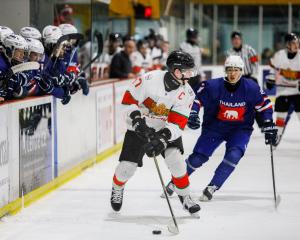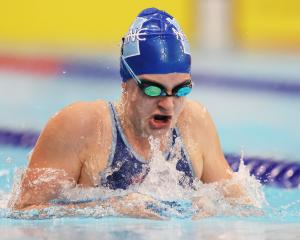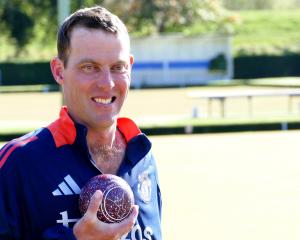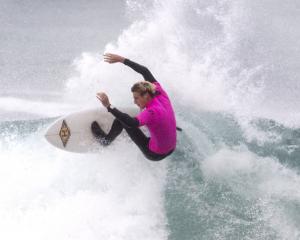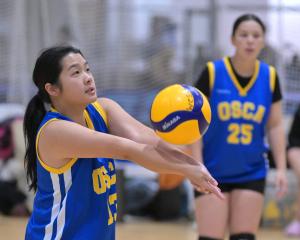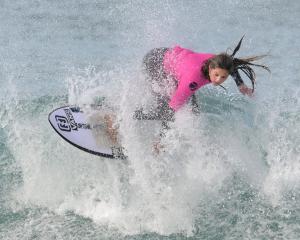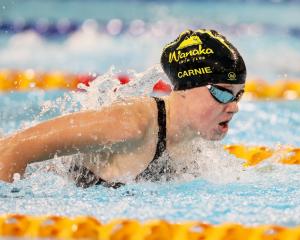SPARC is spending a record $6.3 million to help win medals at future world tournaments but not one cent will be going to the team which just confirmed its place at the biggest sporting event in the world.
Sparc high performance manager Martin Toomey confirmed yesterday New Zealand Football did not apply for any funding for the All Whites' high performance programme in 2010.
Toomey said Sparc had invested $250,000 this year into the World Cup qualifying campaign.
"But Fifa do reward teams that qualify and the expectation is that football will be able to support themselves in getting to the World Cup," Toomey said.
With New Zealand Football set to receive millions of dollars in qualifying for the World Cup, the All Whites should not have to go cap in hand to funding bodies in preparing for the trip to South Africa.
The $6.3 million allocated by Sparc is in addition to the $15 million allocated to the nine targeted sports in February this year.
The targeted sports are athletics, cycling, rowing, swimming, triathlon, yachting, rugby, cricket and netball.
Sparc allocated $4.8 million last year in the same funding round.
Toomey said money spent now would pay dividends at the 2012 and 2016 Olympics.
Canoeing was the big winner with $800,000 and Toomey said there was a young group of canoeists who had plenty of potential to reach the world stage.
"There is a group of rising talent there, which even at 2012 may be too early, but have the real prospect of becoming superstars in 2016.
"That is what we are looking for.
"It takes about 10 years, about 10,000 training hours, to make that step up to the Olympic dais."
Toomey said the funding agency had the ability to pull back on funding if targets were not met annually.
Much of the money would allow athletes to have top coaching, and allow international travel for top-class competitions.
"Some sports have got depth in this country but many sports have got to go off-shore to get some decent competition."
Winter sport was allocated $700,000, with many of its athletes training through the Academy of Sport South Island in Dunedin.
Academy chief executive Keryn Smith said funding for the winter sports programme had increased in 2009 and had been retained at that level in 2010.
Hockey was another big winner in the funding with the women's hockey team getting $650,000 and the men $700,000 as both teams qualified for the World Cup.
Toomey said the women's team had got a new coach and there had been changes in personnel both on and off the field.
A goal had been set last year to get 10 medals at the 2012 Olympics and that had not changed.
More sports getting money meant there was more breadth to go with depth across sport, but Toomey said it could have three times the money but it would still not be enough to go around.
New Zealand Rugby League (NZRL) did not submit a high performance proposal as Toomey said the body was concentrating on the governance role, and setting up its federation structure, before it considered applying for some assistance.
He expected the NZRL to be ready to seek funding in about six months.
Sports such as badminton, table tennis and diving missed out as Toomey said realistically they did not have much chance of winning a medal at major events.
Sports had to be able to show they could have a creditable Olympic performance, win world championships or win medals at Commonwealth Games or Paralympics.
A creditable Olympic performance was a top 16 finish, or for teams, getting past pool play

